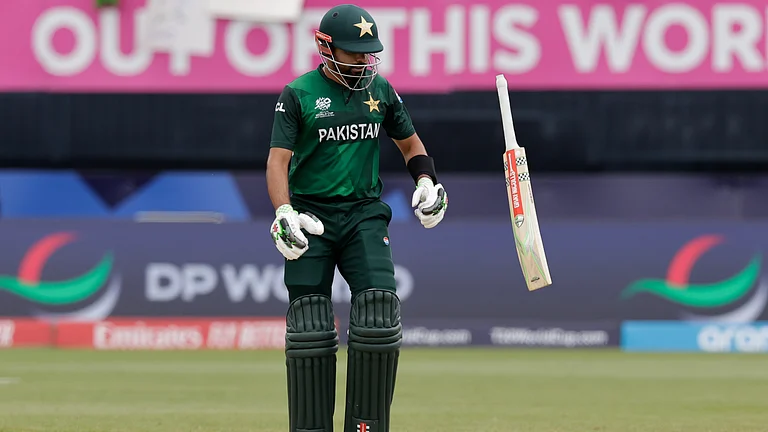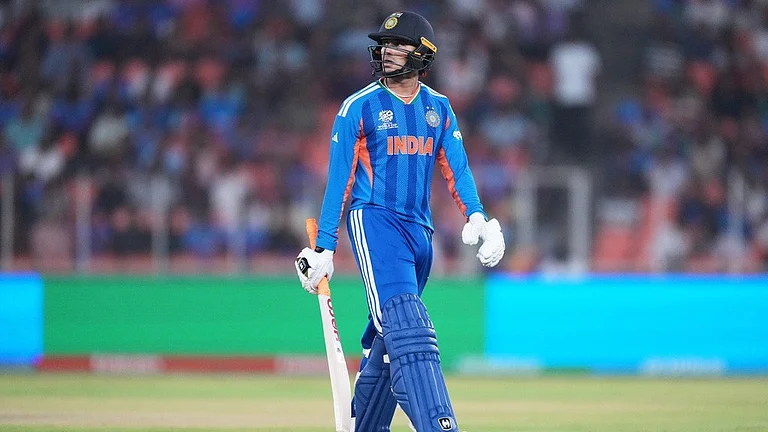On the verandah, Kishan Singh teaches a young girl her Gurmukhi alphabets. A computer programmer, he claims there are roughly 80 Sikh families in Karachi and on adjacent Manora Island. Around 25 live in Narainpura, alongside Hindu and Christian communities. "At least one family member must remain in government service to maintain the free accommodation-they cannot afford to pay rent," he says. Children tend to quit school early in order to work. But there is a faint silver lining. "Roughly 80 per cent of today's youth can read and write Gurmukhi."
The 1947 riots saw an exodus of some 2.5 million Sikhs from Pakistan. Kishan stresses that the community has faced no persecution since then. With one exception, when houses were looted after the destruction of Babri Masjid in December 1992. "That was the only time we felt unsafe."
The other functioning gurudwara is on Manora Island. Thirty-year-old Prem Chand's forefathers migrated from Amritsar to settle here before independence. Manora Island houses around 10 Sikh families, or about 80 people. According to him, most of the Karachi Sikhs are Mona Sikhs-they worship in a gurudwara but cut their hair. "Fearing discrimination, they do not wear turbans. But they all sport beards and tend to speak Punjabi at home," says Prem.
Perhaps the tricentenary celebrations will allow some Sikhs from Karachi to meet the 50 Sikh families living in Nankana Sahib, the birthplace of Baba Guru Nanak, in Pakistan's Punjab province. Its residents are emphatic about their contentedness. "If we cannot be happy in our mecca, then what else could make us happy. Our businesses are flourishing, the Muslims treat us like brothers, and we are able to visit the holiest of our places daily," says Gabar Singh, 43, a sevak of the Gurudwara.

















